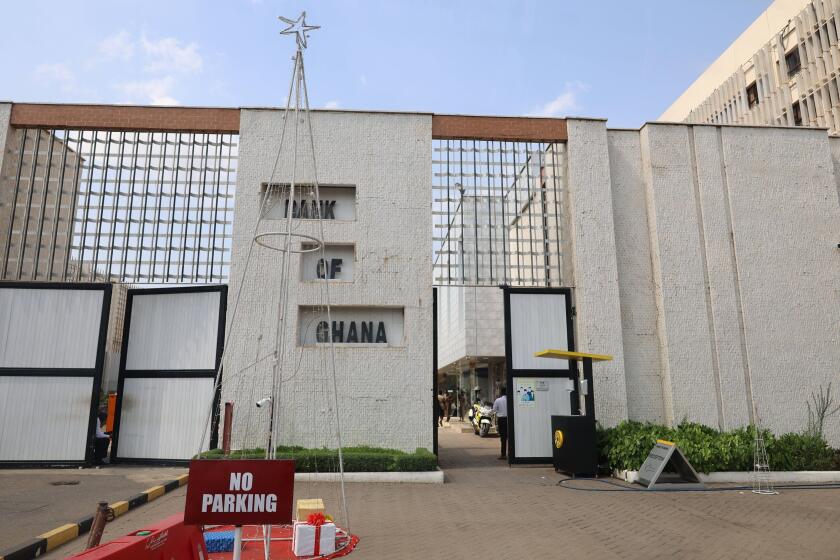Emerging and frontier market governments that have built up domestic capital markets for funding, hoping to reduce their dependency on foreign investors, are now facing a tough task to tackle these same domestic debts without derailing their economies.
Over the past 20 years, emerging market governments have worked hard to develop domestic capital markets to lessen their reliance on fickle international funding. In some cases, such as Mexico and Brazil, this has helped insulate them from the recent jarring US interest rate rises.
But countries that get into distress are finding that having local investors is no panacea.
Domestic debt levels have soared since the Covid-19 pandemic — and so has the cost of servicing that debt. That has triggered a spike in domestic debt restructuring (DDR) by countries such as Ghana and Sri Lanka, and raised questions about how possible local debt restructuring can be.
“When the domestic economy is still weak and fragile and when people’s livelihood is already deeply affected by economic turmoil, conducting a successful DDR with domestic support and without further derailing the economy would be a highly challenging task for the government,” said Hamza Ali Malik, a director at the UN’s Economic and Social Commission for Asia and the Pacific in Bangkok.
A case in point is Ghana. It wrapped up the first phase of a restructuring in February, exchanging local currency bonds for new ones with lower coupons and longer tenors. In the middle of the year it exchanged about another $4bn of domestic debt.
Jan Friederich, head of EMEA sovereigns at Fitch Ratings in Hong Kong, said Ghana’s domestic restructuring was a “little bit easier” because many of its banks were foreign-owned.
“That reduces the risk that a restructuring of Ghanaian banks, which are key pillars of local currency government debt, will undermine completely the capacity of the economy,” he said. “Because if you badly hurt the financial sector, that can badly hurt the economy, and therefore public finances and the capacity of the government to service even the restructured debt.”
He added: “There is now a very lively discussion on the extent to which local currency debt should be included [in government debt restructuring] and under what circumstances.”
Go early
Some countries have also restructured debt opportunistically. Kenya unveiled a voluntary transaction in January to switch holders of its shilling bills and bonds into a tax-free, six year infrastructure bond at a higher yield.
Roberto Sifon-Arevalo, S&P’s global head of sovereign ratings, said the “key conundrum on domestic debt exchanges is that they’re usually highly linked to the development or the future of your local financial system”. If a restructuring is handled badly, the impact on the economy can be large.
But timing may be key. “Pre-emptive restructuring can significantly shorten the durations of sovereign debt distress,” said Malik. He added that past lessons had shown debt restructuring that came too little, too late would cause “much greater socio-economic damages”.
